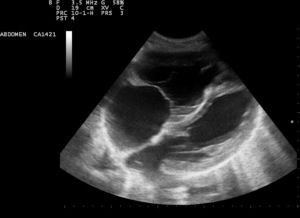News
Danish breakthrough: Scan shows whether patients are in for a serious coronavirus bout
This article is more than 5 years old.
Groundbreaking research expected to have significant impact on future COVID-19 medication

Listen to your heart! (photo: Nevit Dilmen)
New research from the University of Copenhagen has revealed that an ultrasound scan of the heart can predict whether coronavirus patients face a mild or serious bout of the illness.
The project showed that patients without a heart issue and with low infection practically had no risk of ending up in a serious coronavirus struggle.
“We’ve seen that upwards of 80 percent of those hospitalised had a heart issue,” Tor Biering Sørensen, the head of the project, told TV2 News.
“We are amazed that the heart has such importance for the progress of the patients, as our study shows.”
READ ALSO: Denmark presents ambitious coronavirus testing strategy
Helping the critically ill
Sørensen contends that the discovery will be of great consequence once some form of medication has been developed for the coronavirus.
“When the medication arrives, it probably won’t be too cheap, but this discovery can be used to administer medication to those who have a high risk of developing serious symptoms,” said Sørensen.
The research, which involved 174 coronavirus patients, began at the end of March and is supported by the Novo Nordisk Foundation.










































